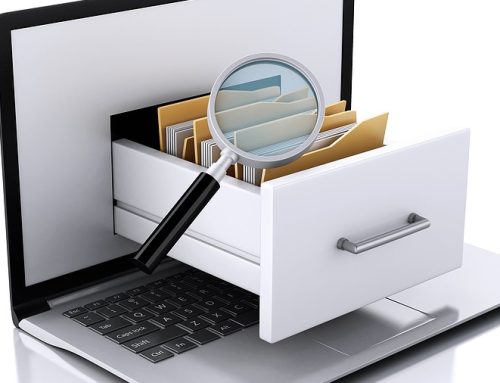Consider the power of information. Big data drives investment decisions and informs innovation. On the other hand, sensitive data in the wrong hands can destroy a business practically overnight. Through data valuation, businesses quantify the value of their information—assets they can then use to generate more revenue for the company.
For example, in healthcare, effectively managed data about treatment protocols and their outcomes leads to better patient results. In retail, information about customer buying habits drives future marketing campaigns and generates higher sales. And proprietary information delivers a competitive edge to technology and manufacturing companies.
However, for all the value data delivers, this key asset rarely shows up on the corporate balance sheet. Some successful companies, like Alphabet and Facebook, have managed to monetize data, using it to create and sustain company growth. For many others, data valuation remains a distant holy grail.
To quantify the worth of your data, you must first identify that data and outline specific use cases. With a map of your data assets and a clear picture of how to use them, you can apply various methods to determine data value. Throughout, information governance plays a key role in helping you reap the most value out of your data.
Assess the Data Landscape
The first step in data valuation requires identifying data assets. You need to know what data you own, where that data resides and who owns it. Additionally, you must determine data quality. For instance, old or inaccurate data offers no value. But well-organized, accessible, annotated data can prove incredibly valuable.

In addition to locating the data, take note of the possible risks. This involves assessing the security of data assets, as well as the impact of any privacy regulations. For example, the risk of non-compliance may reduce your ability to monetize otherwise valuable customer information.
eDiscovery tools can help you map your data landscape. And ongoing information governance ensures that data continues to offer value throughout its lifecycle.
Develop Use Cases
Once you know what data you have and where it resides, you must outline specific ways in which that data drives value. That includes descriptions of how data directly affects current business processes. It also involves developing a compelling case for future possibilities. You may gather data sets for one purpose that can drive revenue in new business ventures.
Use cases can include data use both internally and commercially. For example, regional sales figures drive localized marketing strategies. Other use cases involve third party transactions. For instance, healthcare organizations might sell disease and treatment data, scrubbed of personal details, to outside research organizations.
Data Valuation Methods
Various factors affect the value of your data. Consider whether the data is both recent and relevant. Do other organizations hold the same data, or does possession of the data push you ahead of the competition? Is the data correct, complete and accessible? How long will it remain viable? Can you sell the data? On the other hand, what would it cost if you lost the data?
Organizations use a variety of data valuation methods. One method involves assessing a dollar amount to the projected revenue impact with and without the data in question. That is, how would having (or not having) the data affect the bottom line?

Market-driven valuation takes a different approach, determining what the market would pay to buy or license the data. For example, a retail store might sell customer data to third parties. Alternatively, a company might assign data value by what it would cost to license the data from another source if it did not already own the data.
Data Valuation and Information Governance
Information governance increases data value by improving data quality, security, and accessibility. When you know where your data resides and can proceed with confidence in its quality, you can more easily realize the clear revenue benefits the data offers.
Messaging Architects provides comprehensive information governance services to help you organize your data for optimal use. From eDiscovery to multi-faceted security and compliance monitoring, we help you get the most value out of your data assets.








